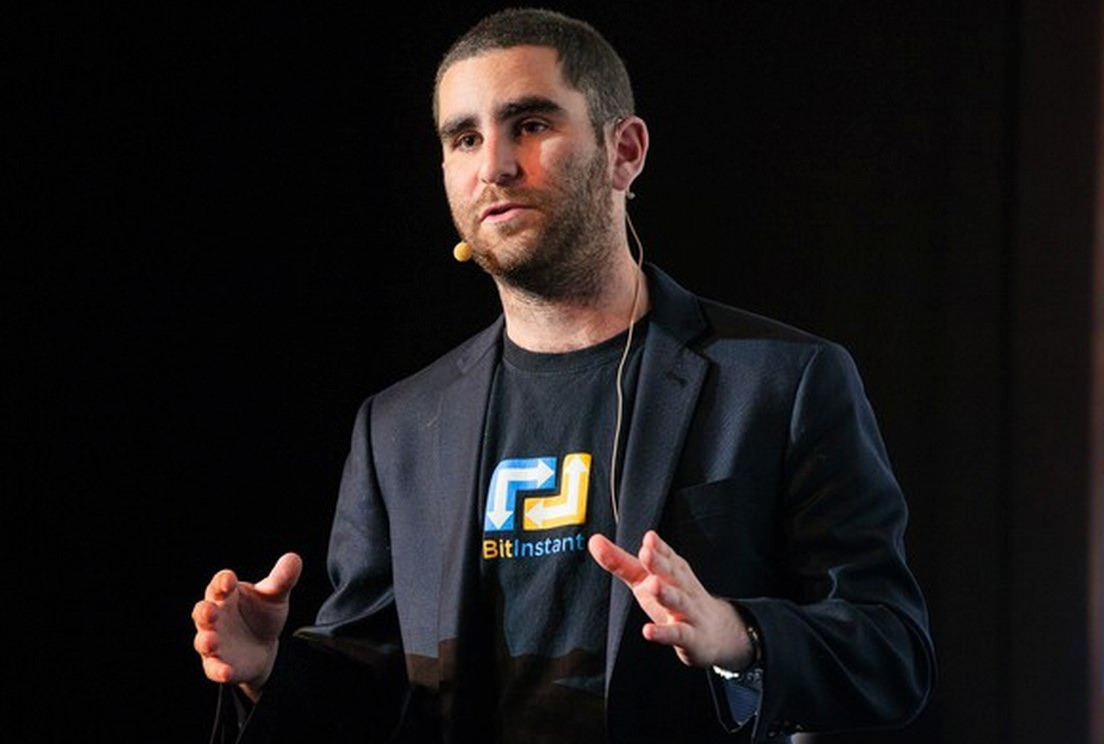Belarus News Media Are Testing Decentralized Tech to Resist Censorship
Belarus News Media Are Testing Decentralized Tech to Resist Censorship
Belarus is cracking down on reporters.
The nation’s government, led by President Alexander Lukashenko, whose election was mired in controversy and has not been recognized by the European Union, announced Friday it was canceling the press accreditations for all foreign journalists immediately. The move comes as Belarus continues blocking its citizens from accessing local media websites, including the Belarusian branch of Radio Free Europe/Radio Liberty, in the wake of a massive, three-day internet outage and weeks of protests over the Aug. 8 election.
Now, some media outlets are fighting back. To make their mobile apps more resilient, some Belarusian news organizations are using NewNode, a decentralized file-sharing service by the California-based startup Clostra, which basically runs on the same principle as torrents. This means users store bits of content on their devices, sharing them with others in a peer-to-peer fashion.
This story is much bigger than Belarus because Internet censorship is a global phenomenon. While governments around the world are getting more skilled at blocking online content, local activists and media are experimenting with new forms of resistance.
‘Self-healing network’
The principle behind NewNode is that if one user can’t access a website but another one can, they can connect to each other and exchange available data like torrent clients do. But it won’t help if there is a total internet shutdown, or if the entire mobile network is down.
This makes the technology applicable in places like Belarus, whose Internet shutdown wasn’t absolute. Even the most severe internet outages were a result not of “unplugging” of internet connections but rather of a bottleneck created by intense traffic filtration by the government.
“Devices will connect to one another automatically and build a network and use it to help one another get content using whatever means of Internet access exist. It’s a distributed self-healing network that automatically scales with the number of devices,” explains Stanislav Shalunov, CEO of Clostra.
NewNode is in its infancy now, and the company does not disclose the number of its users worldwide. But when over 800,000 new users in Belarus joined in one month since the election, it was a notable uptick for the company. Before the election, Clostra counted only 10 NewNode users in Belarus. Now Belarus is the largest user base for NewNode, Shalunov said.
“We grow fastest when we can solve the biggest problems, and the shutdowns in Belarus were very significant,” he said.
Before Clostra, Shalunov worked at BitTorrent, and later co-founded another rebel communications startup, Open Garden, the company behind the messaging app FireChat. Firechat, which uses Bluetooth and WiFi to connect mobile phones into an off-line network, took off during the Hong Kong protests in 2014. NewNode uses these two plus the usual mobile internet.
Clostra’s core team also includes former BitTorrent architect Greg Hazel and Blockstream VP of engineering Ben Teitelbaum.
Belorusian media learned about NewNode by “word of mouth,” the executive director of Clostra, Marina Feygelman, told CoinDesk, and because app stores were classifying the app as a VPN. During the internet shutdowns, VPN services surged in popularity in Belarus as people were looking for ways to stay online, and tools like VPNs and proxies helped trick the traffic filtering software employed by the government.
Testing regime
According to Shalunov, there are currently about two dozen media publications worldwide using NewNode for their mobile apps, although most of them prefer not to publicize this fact.
“We’ve been developing our app for people in the countries where the authorities are blocking us,” said Arkady Pildes, senior product manager at Radio Free Europe/Radio Liberty. The company recently released its mobile app with NewNode built in, he said.
Radio Liberty’s app is using both NewNode and Psyphon, a proxy that became extremely popular in Belarus during the post-election internet outage. The app can use either NewNode or Psyphon tech, depending on which can provide a faster and more efficient connection, Pildes said, and the switching happens automatically.
NewNode is far from a perfect solution. The tech can create excessive mobile traffic for users who are relaying data to others, putting financial pressure on them if they aren’t using unlimited internet plans, Pildes said.
Another possible caveat is that a Bluetooth connection requires users to reveal their locations. Radio Liberty decided this could be unsafe for its Belarus users, so it did not use that option for its app.
Tut.by, an independent Belarusian news publication whose website users were affected by the post-election internet outage, is now using NewNode tech for its new mobile app. The app on Android has been downloaded over one million times in Google Play, according to Mikita Puzik, Tut.by’s product manager.








